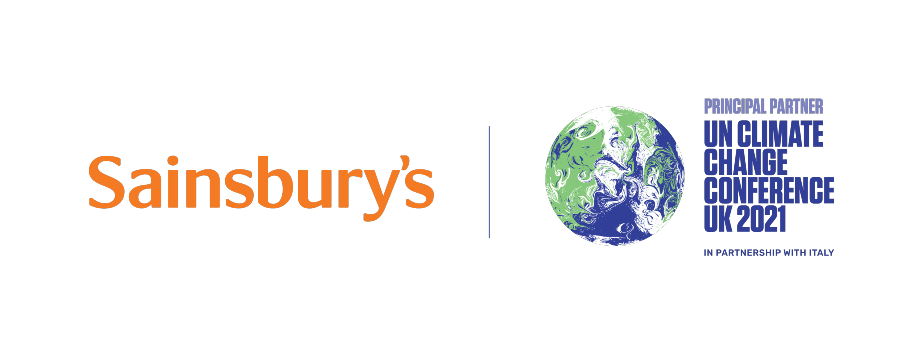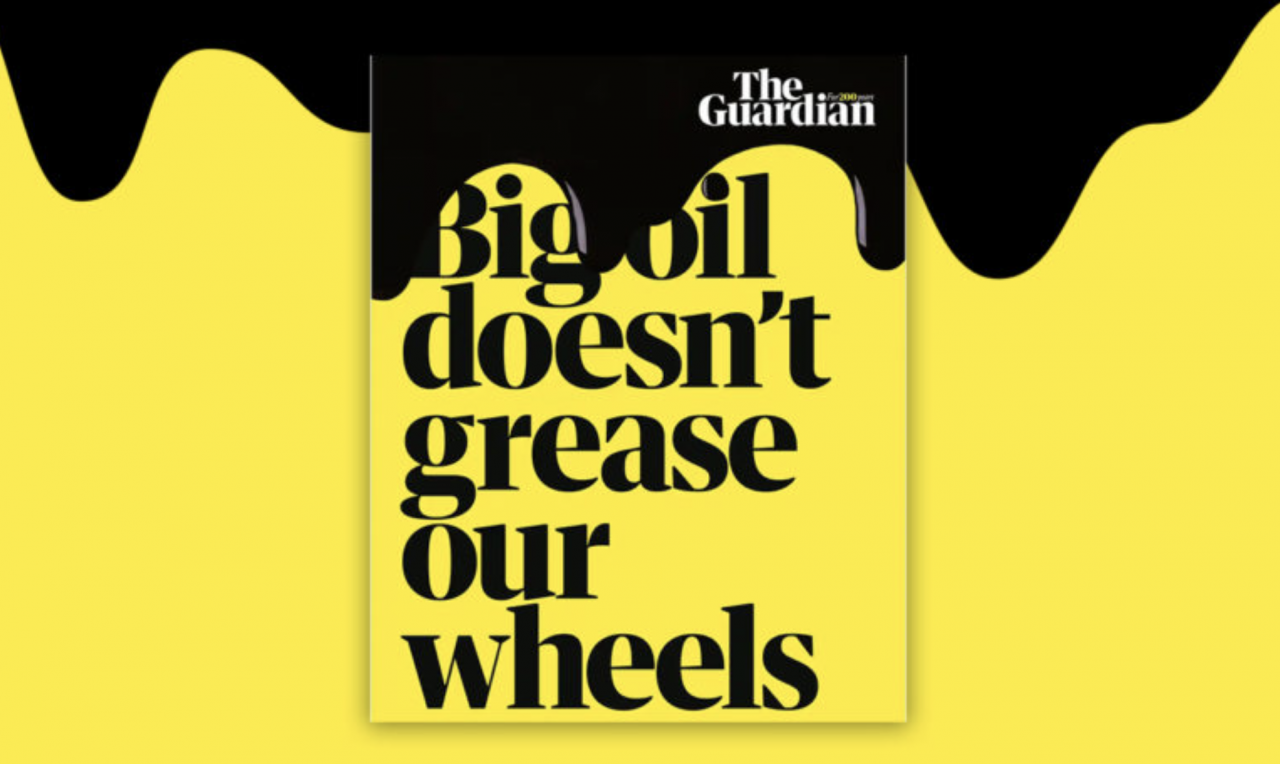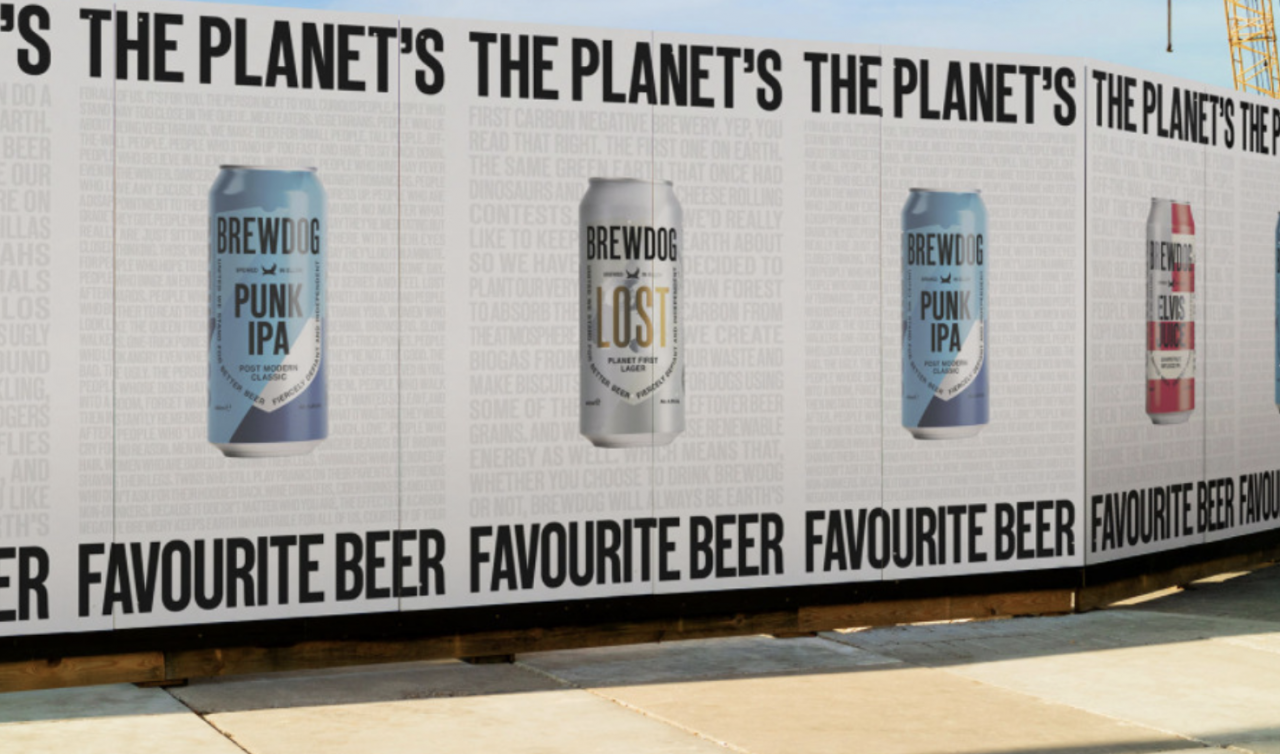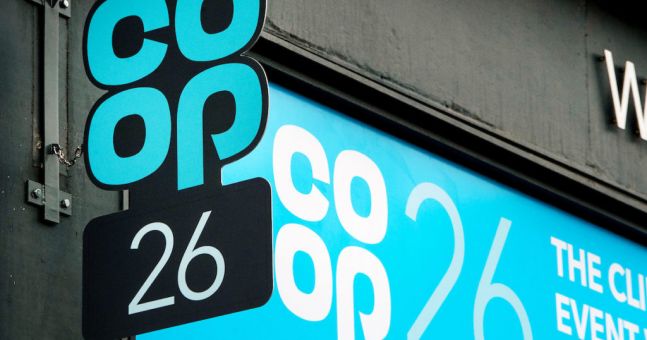COP26 has sparked a huge wake-up call in our industry and specifically one that demands the attention of both advertisers and brands. Already, hundreds of major global brands across all sectors have pledged to reduce their contributions to climate change by 2050 – including serial hydrocarbon offenders such as Shell, BP, McDonald’s and Starbucks. However, how can we be sure this isn’t just greenwashing? As more and more brands scramble to react to both public and government pressure, many are devaluing the importance of authentically evaluating and responding to the problems that lie ahead.
The successful brands will be the ones that commit and are able to adapt, innovate and evolve. To be authentic agents of change, brands must now dig deeper. They must think and make decisions both for the short term and also the longer term. So, how exactly do brands go about becoming agents of change?
1. Respond.
Being aware isn’t enough. Pledge to a net-zero or science-based target and work with your suppliers to improve their transparency.

2. Be transparent and document your progress.
Proactively communicate what you are doing early. Be honest in your communications and share your plan of action. Even if you’ve got a long way to go, you’ll be surprised how much consumers will support and respect your brand if you are honest and open.

3. Reshape your business.
66% of consumers want brands to be involved in social and political issues, but this means it’s getting harder to spot the green from the greenwash. We’ve seen all sorts of brands come out with environmental campaigns that push their ‘green credentials’ – however real change goes way beyond words and marketing. It needs to flow throughout your whole business.
What system changes need to be made across your process and supply chains? What policy changes do you need to introduce? From the hiring of employees to the way your business operates, it has to be ingrained in your core.

4. Be immediate.
Yes, it’s good to have a target, but 2050 is a long way away. So, what are you doing today to make an impact? Bring your actions and goals into the present wherever possible.

5. Educate and inspire.
Brands hold the power to influence politics, trends and consumer behaviour – but sustainability is more than just a marketing campaign, it’s a whole business shift. Get your community excited about a greener future by bringing them into the wider conversation. Help them to understand your process and invite them to contribute to a common goal. Oh, and don’t be afraid to expose the greenwashers. There’s never been a better time to call them out on their empty statements. Take advantage of your position and set a higher standard for others to follow.
So, how is your business responding? How are you approaching 2022 and what challenges have you faced along the way?
